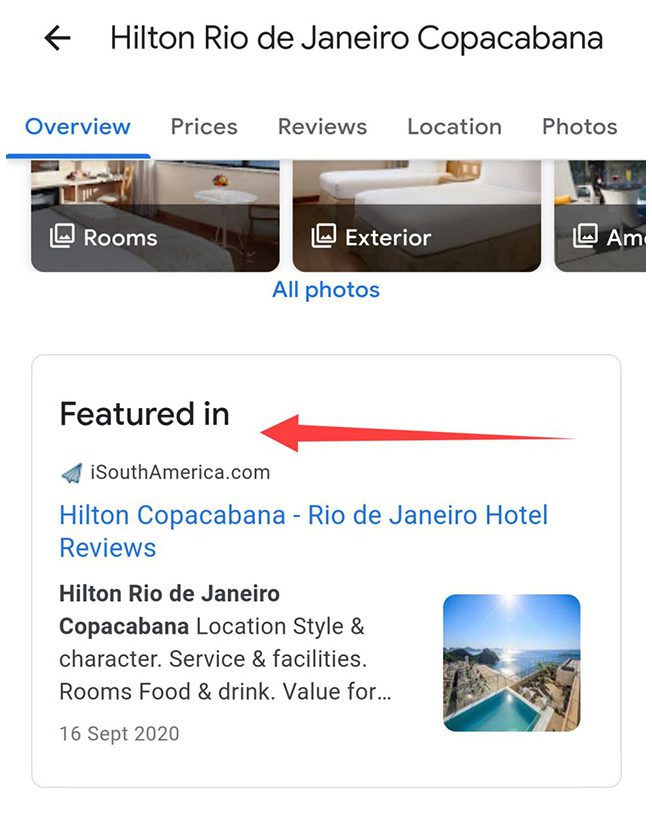
Maximize your local presence through strategic location management.

Even during the laziest days of late summer, the world of local search keeps turning. In fact, this August brought more than its fair share of major changes and noticeable updates. Here’s all the helpful content you need to stay ahead of the game.
Following in the steps of BERT and EAT, the latest Helpful Content update to Google’s algorithm is to be a major one. While Google does carry out routine minor updates every month or so, these named updates differ from core algorithm tweaks. While the latter tends to affect only certain types of businesses with minor ranking fluctuations, a named Google update can significant change numerous aspects of Google’s first page of results.
The helpful content update is designed to tackle pages generated by those who understand SEO but do not provide value to the user. That is to say, the update targets websites that are primarily written to cater to Google’s current algorithm rather than actual users. If you already maintain your site in a way that leads to better user experiences, the helpful content update should result in far better rankings. This will be especially true in spam-heavy industries, such as locksmithing and insurance, which will hopefully see their illegitimate competitors fall in rankings.
The full update rolled out from the end of August through the beginning of September. Businesses should keep a close eye on their rankings during this time. While legitimate businesses should only see a rise in rankings or no changes at all, Google is not infallible. Monitor how this update impacts your business and, as always, be sure to act if you see your rankings suffer.
Google rolled out two much smaller updates during its month of major releases, expanding the unique feature-rich results of hotels and adding to its set of listing attributes. Firstly, search results for hotels are now starting to include a new “Featured in” section, which includes third-party reviews as well as news stories about the specific hotel being searched.

Image: Search Engine Roundtable
Hotels and all other businesses also now have the option to include the “Asian-owned” label on their listings. Along with Veteran-owned, Women-led, and many other similar attributes, this label will help customers find the businesses most relevant to them within their own communities.
Whenever new features and attributes are added, remember that any additional information that describes your business can improve click-through rates and drive additional traffic. Embracing the “Featured in” section or selecting newly added attributes may either improve your ranking on existing queries or open up your eligibility for other searches. Either way, your updated listings are likely to earn more impressions. After all, a Google listing that contains every feature available to it instantly appears more professional and trustworthy.
Subscribe to our monthly newsletter.
In its continuing quest to become the world’s de facto review platform online, Google is now incorporating more in-depth, text-heavy reviews in product searches. Reviews with only star ratings or those with minimal text are no longer billboarded alongside product listings; instead, reviews with an acute focus on informing purchase decisions are being highlighted.
Some businesses see reviews as a way to tally up a high score, but Google sees reviews as a genuine method by which consumers make purchase decisions. As such, this review update should help everyone, encouraging both buyers and sellers to appreciate the value of high-quality reviews on product listings.
In last month’s roundup, we looked at a new Google SERP feature called “Find places through reviews”. Still being tested, this new SERP component uses keywords in review text to match business profiles to search queries. Much in the same way keywords are highlighted in a listing’s review section, “Find places through reviews” should more accurately connect users with the specific types of businesses they’re searching for. The reviews pulled for this feature are also determined by geographic proximity, encouraging walk-in traffic for local businesses specifically through their reviews.
Google may have released an update that hurts legitimate businesses as much as fraudulent ones. Adding a new line to its Google Posts help article (in the “Avoid Spam” section), the search giant asserts that duplicate photos, videos, and logos can now cause posts to be rejected.
This updated policy seems simple enough in its attempt to reduce repetitive content, but it can have ramifications that Google did not expect. Primarily, the update makes it much harder for multilocation businesses to publish standardized posts across their listings. It also penalizes other honest uses of duplicate content, such as a restaurant posting the same graphic across its locations to advertise a weekly special. With every post requiring a unique element, this puts a much greater burden on marketers trying to utilize Google Posts.
It’s a perplexing problem, for sure, but it’s also one DAC is built to overcome. Check in with our Local Presence Management experts and find out just how much we can do for your business.
Maximize your local presence through strategic location management.
Maximize your local presence through strategic location management.
Subscribe to our monthly newsletter.